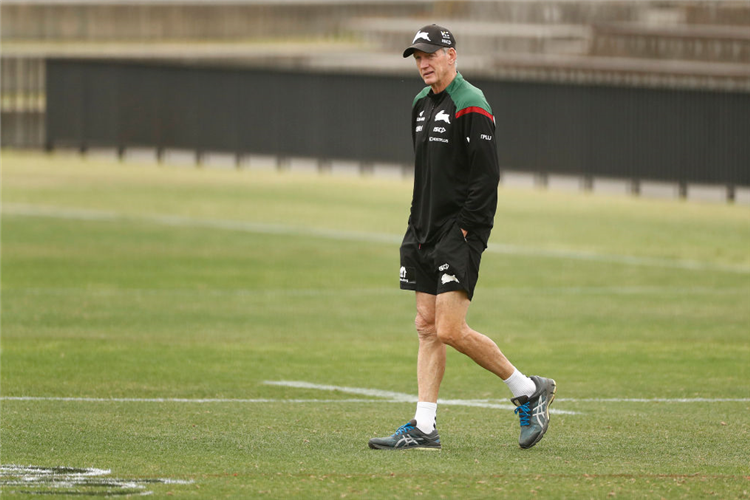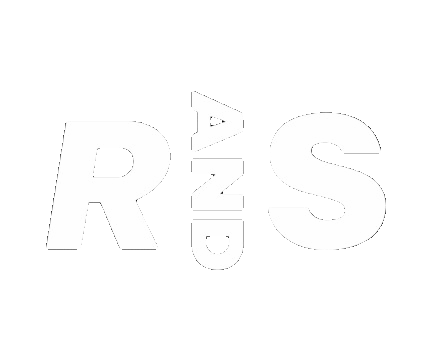3 minute read
Wayne Bennett and the Dolphins can take lessons from the way Melbourne managed to win a premiership in just their second season the NRL in 1999.

Chris Anderson can't stress enough how important Wayne Bennett's first pre-season in charge of the Dolphins in 2023 will be for their early success in the NRL.
That, and the need to be clear on his preferred style of play before the raid on a player market that comprises more than 70 free agents.
Bennett met with Dolphins officials on Friday, with an announcement on his appointment as coach of the new Redcliffe-based franchise likely next week.
The Melbourne Storm and their foundation coach Anderson are proof the Dolphins can become the overnight success the NRL so desperately hope they can be.
In a league where the average wait for a new side's first premiership stands at 20 years, Anderson was able to do it in two as Melbourne's inaugural coach.
In the 114-year history of rugby league in Australia, no other expansion side has ever found success so fast.
Unlike the Dolphins, the Storm entered a competition that was shrinking, with Perth and Hunter both folding.
It wasn't easy though for Anderson and CEO Chris Johns.
In the midst of the Super League war, a push for the Victorian club didn't begin until May 1997.
And it was September by the time Anderson was appointed as coach ahead of their 1998 debut season.
"Wayne knows what he is doing. But I think it's pick a style of football and you pick the players best suited to that style," Anderson told AAP.
"My philosophy was I had a style of football I wanted to play.
"And I apportioned a percentage of salary cap to the positions that were most important to it."
Melbourne's early years of football were built off a flat-style attack that was reminiscent of what Anderson had experienced playing in England.
Props became Anderson's No.1 priority, with Rodney Howe, Robbie Kearns and Tawera Nikau signed among six middle forwards before the attention turned to the halves with Brett Kimmorley and Scott Hill.
Glenn Lazarus and was also a big pick up late in the piece at prop, telling teammates they'd achieved nothing if they hadn't won a premiership.
"You pick what positions are important to you before you put players' names to that," Anderson said.
"Things have changed now, in our day you didn't spend as much money on a hooker, where now they're probably as important as your front-rower.
"And your fullback too. We didn't look at it that way, Robbie Ross just turned into the best fullback in the game for a few years.
"But that's still the idea."
Bennett does have experience in this.
He was in charge of the Broncos from their foundation year in 1988, but had the best of the Brisbane Rugby League to call upon in a pre-salary cap era.
Twenty of his 24 players that season came from the local competition, with Peter Benson, Billy Noke, Kerrod Walters and Chris Johns the only exceptions.
Aside from setting that style of football he wants his side to play, a team culture must also come with Bennett's first pre-season.
At Melbourne, Anderson said he had the advantage of mixing the success and family culture he experienced at Canterbury with the Brisbane professionalism and premierships of chairman John Ribot and CEO Johns.
"I think some clubs set up and they don't really understand their culture," Anderson said.
"And if you don't understand your culture you are just another NRL club competing in a tough competition.
"And once the season starts you don't have time to think about it."
Crucial to that culture too, is making sure a new playing group is settled.
In Melbourne, Anderson had an entire group relocating to a new state for the first time.
The Dolphins will have some advantage of Queenslanders returning home, but other players will be moving to an entirely new area.
"Ribot was really good at this, we spent a lot of time with wives and kids making sure that they got good housing in the right part of Melbourne," Anderson said.
"Helping them get in and making sure their fridge is full and all that sort of stuff.
"You can't just get a bloke and say 'go and get a house and do what you've got to do'.
"Wayne has got a fantastic feel for his players so I am sure he will be driving that because it's a really important part, making them feel part of it and building a culture in a club early."
In the years since, Melbourne have missed the finals just three times as their early success set the foundation for the club's dominance.
It's a 24-year run of success most clubs - including the Dolphins - can only dream of.







